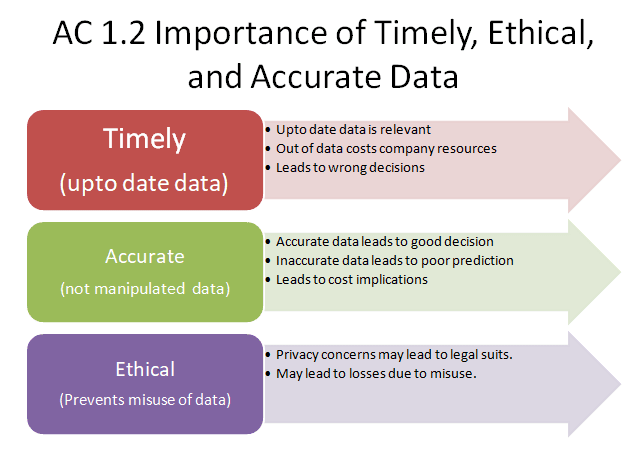Q: Discuss your personal and ethical values (one of each), with examples of how these are evident in your work. (If you have yet to work in people practice, explore how you believe your values would inform your work.) (AC 1.2)

Ethical values are the overarching principles and ideals that shape an individual’s behaviour and decision-making. When it comes to people management, it is absolutely essential to apply ethical principles. These principles serve as a guide for making choices that are in line with a company’s goals and values, all while ensuring the rights and well-being of employees are protected (Sahla et al., 2023). In practice, ethical values can be applied by ensuring fair and transparent recruitment processes, where all candidates are treated with respect and evaluated based on merit alone. In addition, showcasing ethical decision-making involves giving importance to the well-being and safety of employees through workplace policies and practices, and promoting a culture of trust and integrity within the organisation (CIPD,2022).
Integrity is a crucial ethical quality for individuals in professional roles, guaranteeing transparency and genuineness in interactions with coworkers and staff members. It is crucial to prioritise honesty when dealing with private or sensitive information in order to build credibility and trust. For example, when confronted with employee complaints, a people professional should provide an honest response, even if it doesn’t meet the employee’s expectations. In addition, it is crucial to openly address organisational issues rather than trying to hide or ignore them (Sahla et al., 2023).
Ensuring fair treatment for every employee, regardless of their background or personal traits, is a core ethical responsibility for human resources professionals. This involves guaranteeing equal opportunities, providing fair compensation, and addressing any cases of prejudice or bias. For example, during the promotion process, it is crucial for a human resource professional to guarantee fairness, impartiality, and equal access to learning and growth opportunities for all staff members. Promoting an inclusive culture and swiftly addressing any instances of bias or discrimination within the organisation are also of utmost importance (Sahla et al., 2023).
Respect is an essential quality that helps create a positive and inclusive environment in the workplace. It is essential for people managers to maintain the rights, beliefs, and values of their colleagues and employees, striving to create an atmosphere of respect and comprehension. This involves showing respect to every employee, valuing their opinions and ideas, even when there are differences of opinion. It is important for human resources experts to show a deep understanding and appreciation for the various cultural, religious, and other differences that exist within the organisation (Sahla et al., 2023).
